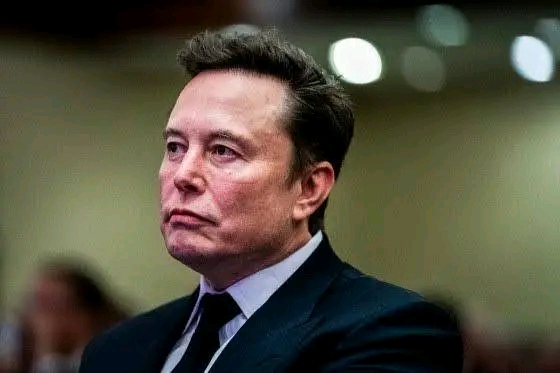In what could be the most unexpected—and explosive—offseason story in college basketball, billionaire entrepreneur Elon Musk has reportedly proposed a staggering \$600 million investment to upgrade Kentucky’s legendary Rupp Arena. But this isn’t just about new seats or fancy scoreboards. Musk’s offer allegedly comes with a major catch: long-term advertising and naming rights control for his companies, potentially transforming the iconic basketball venue into a corporate spectacle.
Sources close to the negotiations say Musk envisions turning Rupp Arena into a “state-of-the-art, tech-powered entertainment hub” featuring Tesla branding, Neuralink showcases, and SpaceX-themed experiences. However, this ambitious proposal has sparked immediate backlash from fans, alumni, and NCAA officials concerned about the growing commercialization of college sports.
What’s turning heads even more is the reaction from Mark Pope, Kentucky’s head coach, who has publicly issued a sharp and unexpected response. When asked about Musk’s offer during a press briefing, Pope didn’t mince words:
“Our program, our fans, and this historic arena deserve respect—not to be turned into a billboard. Some things aren’t for sale, no matter the price.”
Pope’s blunt rejection has sent shockwaves through the sports world, with many applauding his defense of tradition and others speculating on what this means for the future of funding and sponsorship in NCAA basketball.
Social media exploded with mixed reactions. Some praised Pope for standing firm against corporate overreach:
“Mark Pope just reminded us that college sports aren’t for sale!”
“Respect for tradition > \$\$\$ every time.”
Others, however, argued that Musk’s investment could propel the Wildcats to unprecedented heights:
“\$600 million could transform Kentucky basketball forever. Why say no?”
“This is the future of sports. Adapt or get left behind.”
The controversy has ignited a larger national debate on where to draw the line between lucrative business deals and preserving the soul of college athletics.
An NCAA spokesperson, speaking anonymously, commented:
“We’re watching these developments closely. The intersection of big money and college sports is becoming increasingly complex.”
For now, the fate of Musk’s audacious proposal remains uncertain. But one thing is clear: Mark Pope’s fearless stance has made it a defining moment not just for Kentucky basketball, but for the entire NCAA landscape.
Will tradition hold strong, or is a new era of corporate dominance inevitable














